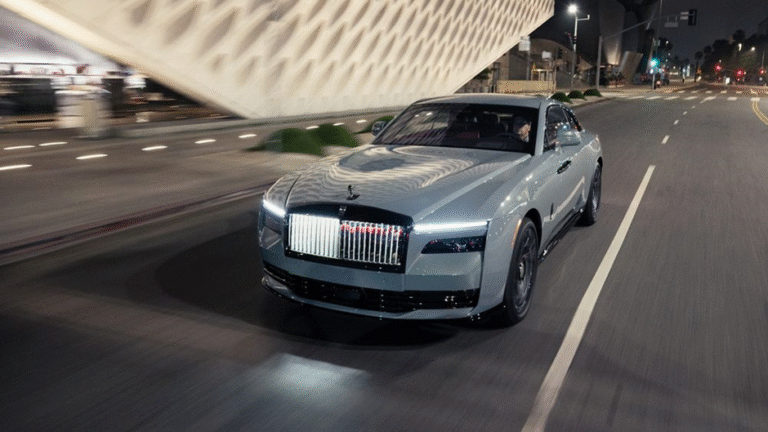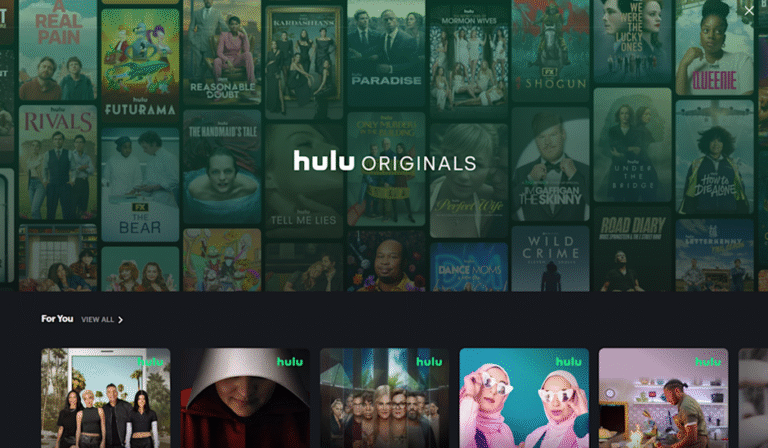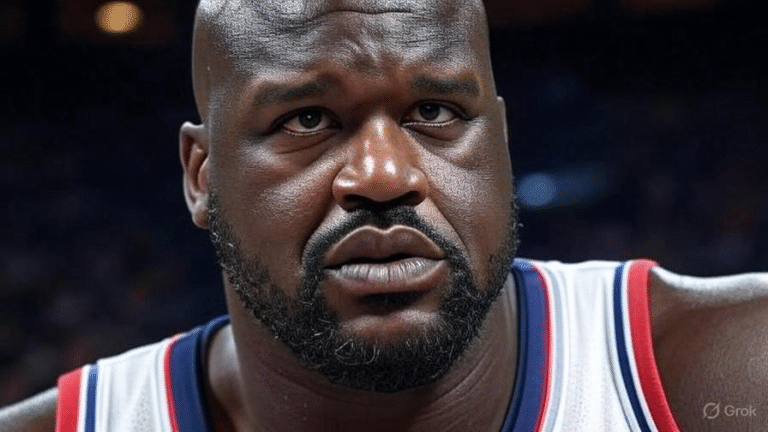NATO Agrees to Major Defense Spending Increase Amid Trump Pressure, Reaffirms Collective Defense

THE HAGUE, June 25 (Reuters) – NATO leaders on Tuesday approved a substantial boost in defense spending following persistent demands from U.S. President Donald Trump, while strongly reaffirming their commitment to the alliance’s mutual defense principle.
Key Summit Outcomes
- Defense spending target raised to 5% of GDP by 2035, up from current 2% goal
- Clear reaffirmation of Article 5 collective defense commitment
- Trump endorses NATO’s mutual defense clause after previous ambiguity
- France raises concerns about potential U.S. trade tariffs
- Spain obtains exemption from full spending commitment
The decision comes as European nations face growing security concerns following Russia’s 2022 invasion of Ukraine, while also responding to Trump’s long-standing calls for allies to increase their military expenditures.
Details of New Spending Plan
The revised spending framework breaks down as:
- 3.5% of GDP for traditional defense (troops, weapons systems, equipment)
- 1.5% of GDP for security-related infrastructure (cyber defenses, critical infrastructure protection, energy security)
NATO Secretary General Mark Rutte, hosting the summit in his native Netherlands, acknowledged the challenge for member states but emphasized the necessity of increased spending given current security threats.
Diplomatic Tensions Surface
While the spending agreement showed unity, French President Emmanuel Macron publicly criticized Trump’s simultaneous push for higher NATO spending and threats of increased tariffs on European goods.
“You can’t demand we spend more on defense while waging a trade war against us,” Macron told journalists. “The two approaches fundamentally contradict each other.”
Spain’s Special Arrangement
In a notable exception, Spain secured acknowledgment that it wouldn’t need to meet the full 5% target, with Prime Minister Pedro Sánchez arguing his country could maintain adequate defense capabilities at lower spending levels. Diplomats described this as a necessary compromise to maintain consensus.
Russia Reacts, Ukraine Engagement Limited
The Kremlin swiftly condemned NATO’s decisions, with spokesperson Dmitry Peskov calling the spending increase evidence of the alliance’s “aggressive militarization.”
Ukrainian President Volodymyr Zelenskyy’s participation was limited to a pre-summit dinner, though he held a separate meeting with Trump after the main events concluded.
Looking Ahead
The summit delivered Trump a clear policy win while allowing European leaders to demonstrate their commitment to collective security. However, underlying tensions over trade policy and burden-sharing suggest ongoing challenges for alliance cohesion.
NATO officials emphasized that the spending increases would be implemented gradually over the coming decade, with progress reviews at future summits. The agreement represents the most significant revision to alliance defense spending targets in NATO’s 75-year history.



